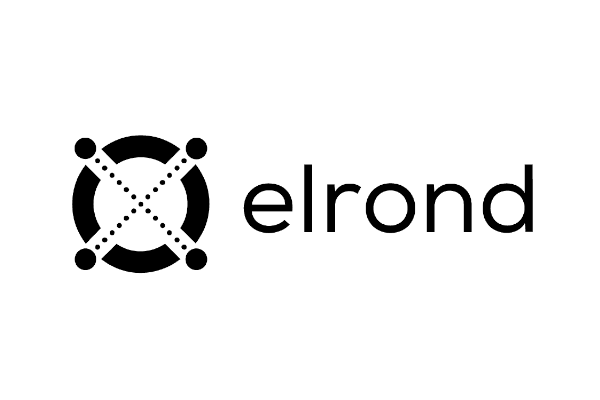Elrond
What Is Elrond (EGLD)?
Elrond is a blockchain protocol that seeks to offer extremely fast transaction speeds by using sharding. The project describes itself as a technology ecosystem for the new internet, which includes fintech, decentralized finance and the Internet of Things. Its smart contracts execution platform is reportedly capable of 15,000 transactions per second, six-second latency and a $0.001 transaction cost.
The blockchain has a native token known as eGold, or EGLD, that is used for paying network fees, staking and rewarding validators.
Elrond was first announced in August 2019, and its mainnet went live in July 2020.
Who Are the Founders of Elrond?
Elrond was co-founded in late 2017 by brothers Beniamin and Lucian Mincu alongside Lucian Todea as a solution to the problem of blockchain scalability, which they thought to be the most pressing problem facing the industry.
Prior to Elrond, Beniamin and Lucian Mincu co-founded MetaChain Capital, a digital asset investment fund, with Beniamin Mincu serving as CEO and Lucian Mincu as chief technology officer. The two also co-founded ICO Market Data, an aggregator of information around initial coin offerings.
Beniamin Mincu was also responsible for product, marketing and community for blockchain platform NEM from 2014 to 2015, in addition to being an early investor in projects such as Zilliqa (ZIL), Tezos (XTZ), Brave and Binance. Lucian Mincu has additional experience as an information technology engineer and security specialist, having worked with Uhrenwerk 24, Cetto and Liebl Systems.
Todea is a serial tech entrepreneur who previously founded and served as CEO of Soft32, a software review and download site, and a partner of mobilPay, a mobile payments application. He is also an angel investor, having invested in biometrics tech company TypingDNA and accounting platform SmartBill.
What Makes Elrond Unique?
Elrond describes itself as a blockchain platform for the new internet economy, decentralized applications and enterprise use. Its main selling point is its high scalability, stating that it is the first blockchain network in which state, network and transaction sharding have all been implemented. According to its economics paper, it seeks to build up its ecosystem and establish EGLD as a store-of-value asset.
To achieve this goal, the network runs on 2,169 validator nodes split into four shards: three execution shards, capable of 5,400 transactions per second each, and one coordination shard, the “Metachain.” Elrond’s adaptive state sharding architecture completely shards state, transactions and network. It can scale by adding an additional shard when the throughput demand is unmet. It was tested to run 263,000 TPS in a public environment with 1,500 nodes from 29 countries grouped in 50 shards.
In order to increase adoption, the project also supports developers building on the platform, allowing them to earn 30% of the smart contract fees as royalties.
The company maintains a supply of EGLD tokens to stake on the network during its first year, with validator nodes receiving a 36% annual percentage rate.

